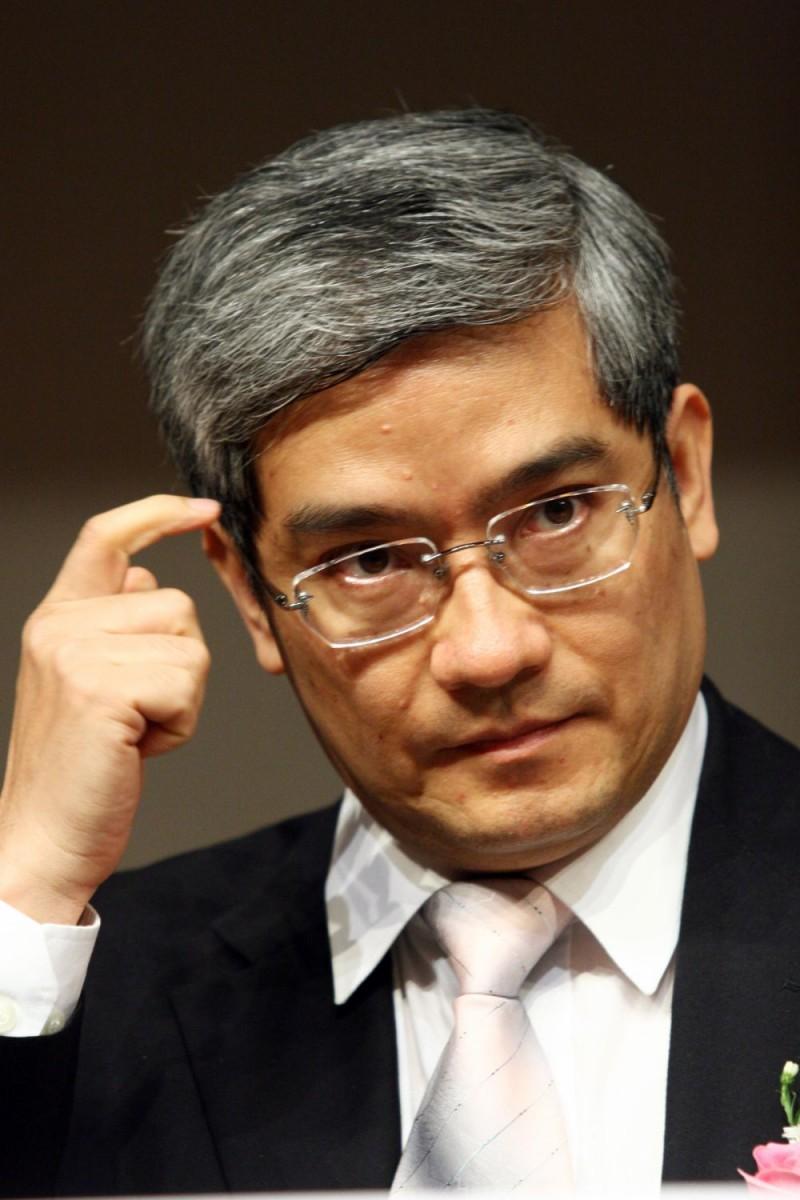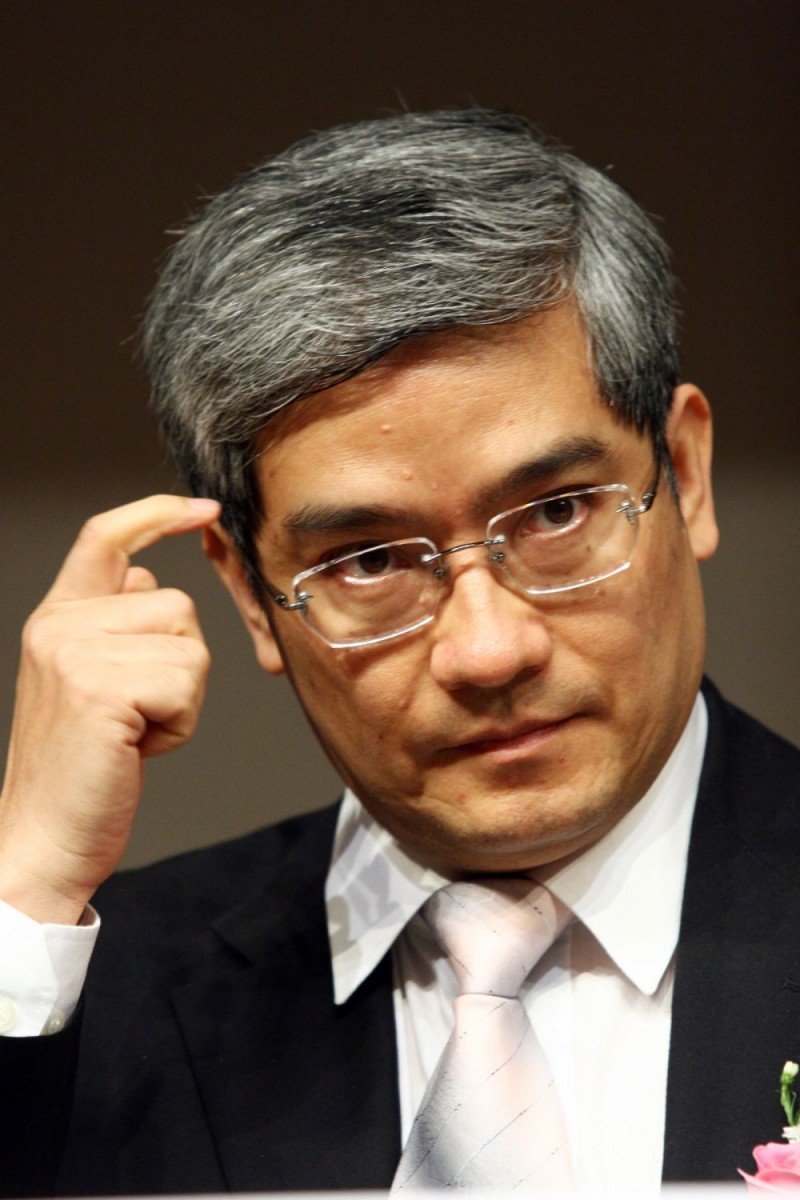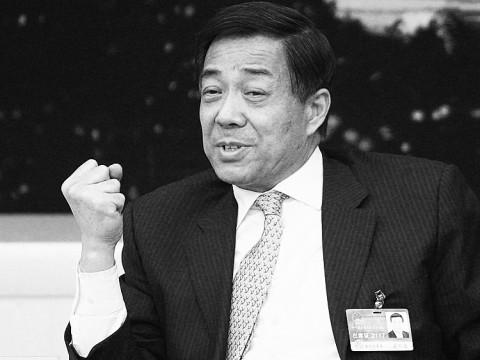Telling the truth in mainland China is not easy, but the Hong Kong-based economist Larry H. P. Lang has for years found ways to do so.
Most recently, on Oct. 22 in Shenyang, China, Lang told a closed-door seminar that China’s economy was already bankrupt. His remarks set off a “Lang cyclone” on Internet forums in mainland China, and netizens speculated on what the secret of the Lang phenomenon might be. Why did his remarks have such an impact?
Lang earned a Ph.D. in finance from the Wharton School at the University of Pennsylvania in 1986. In the last 10 years, Lang has published in-depth analyses of China’s economy.
In 2006, China Youth conducted an online survey titled “Which mainstream economist do you trust?” Lang was voted as the most trusted Chinese economist by the public and gained many more votes than the second-place Wu Jinglian.
At that time, though, other mainstream Chinese economists blamed him for arousing public sentiment against the loss of state assets, acting, the other economists said, like a bull in a china shop.
But even if some economists have sometimes disapproved of Lang, they can’t dismiss him. Lang has often written in narrow and difficult financial fields, and his publications are among the most frequently cited of all Chinese economists.
In 2001, he started researching the phenomenon of the misappropriation of state property during the reform of state-owned enterprises, and warned about the financial statements of Delong and Greencool Tech enterprises. The eventual collapse of these two enterprises verified his research.
His fame, though, arose mainly because of “Lang’s Leisure Comments on Finance,” which he started hosting in 2004 on Shanghai Television. On his program he pointed out that some people were misappropriating Shanghai’s Social Security funds.
In 2006, the former CCP Party Secretary of Shanghai, Cheng Liangyu was sentenced to 18 years in jail for his role in misusing funds. Lang was again proven right about a tough social problem.
But also in 2006, Lang’s program was suspended with the official reason given that “Lang’s Mandarin is not good enough.” The suspension caused quite a stir.
In 2009, Lang launched the “Caijing Langyan” (“Financial Eyes”) program on Guangdong Television.
Because of his continuous efforts to expose economic chaos in China, he has been nicknamed “Mr. Lang, the Monitor.”
At the end of 2010, he was voted by netizens as one of the “Top Nine Persons of the Year on Chinese Internet, and the True Representative of the Chinese People at the Bottom.”
Lang’s reputation is of a scholar with a conscience, and he stands apart from those intellectuals who choose to safeguard the Beijing regime.
Lang is often referred to as a new-left-socialist economist. In judging the results of the reforms of state-owned enterprises, whether the analysis is based on GDP or the Gini Index (a measure of the economic inequality in a society), Lang believes that while the reforms have improved efficiency through layoffs, buyouts that terminate the employee’s service, and shifting the costs of retirees to the whole society, the method cannot be called successful because it’s not a fair and harmonious solution.
In his speech in Shenyang, Lang pinpointed the dead knot of China’s economy: the inflation rate of 16 percent. Even though the state says the GDP is increasing at a rate of 9.1 percent, the Chinese economy is in fact in a recession in which it is contracting by 10 percent.
In addition, China has 36 trillion yuan (US$5.7 trillion) of debt. The Chinese bubble economy will be worse than that of Japan’s back in the late 1980s, according to Lang.
Lang attributed all the problems of the Chinese economy to a conspiracy theory that blames the United States. Some people think that only by doing so could he see his statements spread in China. Saying that the source of disaster is the communist regime’s totalitarian rule is not allowed.
There is no secret to Lang’s popularity and influence: The public opposes and disapproves of the Chinese regime. As long as there are lies, there will be people who stand up to tell the truth. His research inspires people to expose the truth, and this is the essence of the Lang phenomenon.
Read the original Chinese article.





